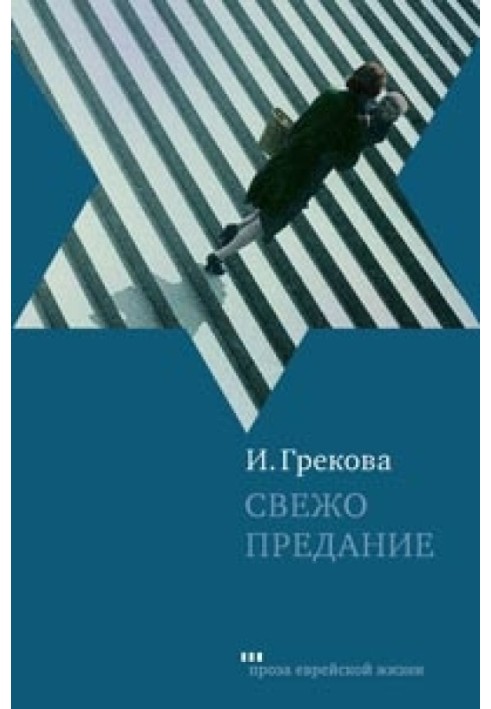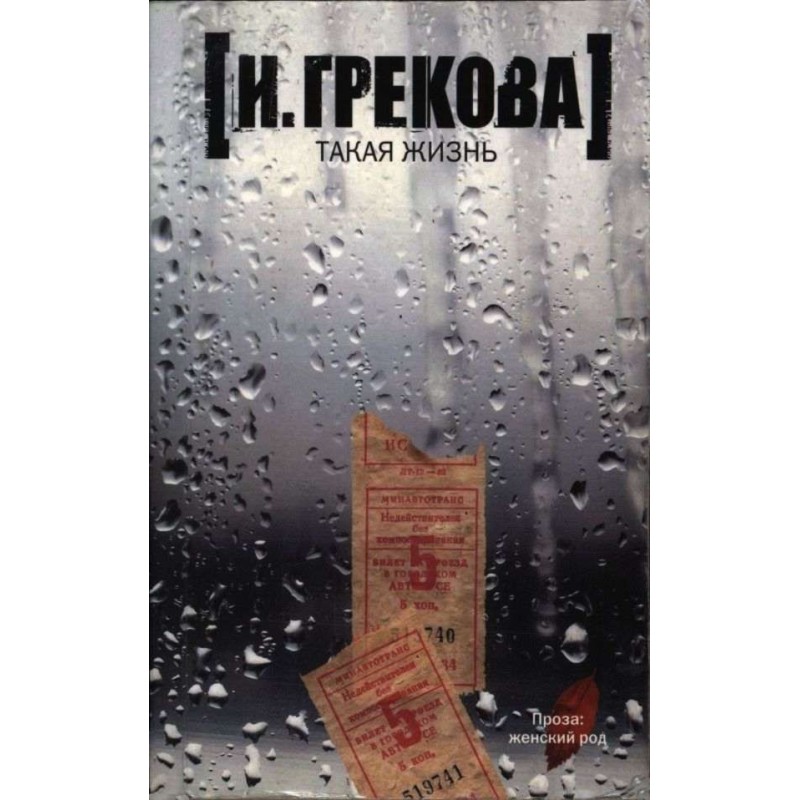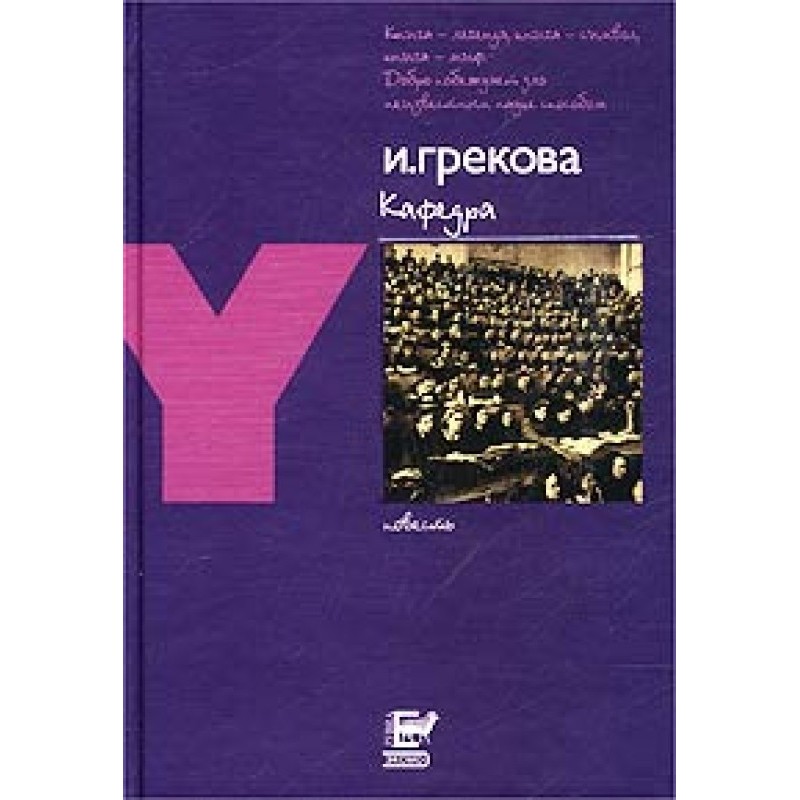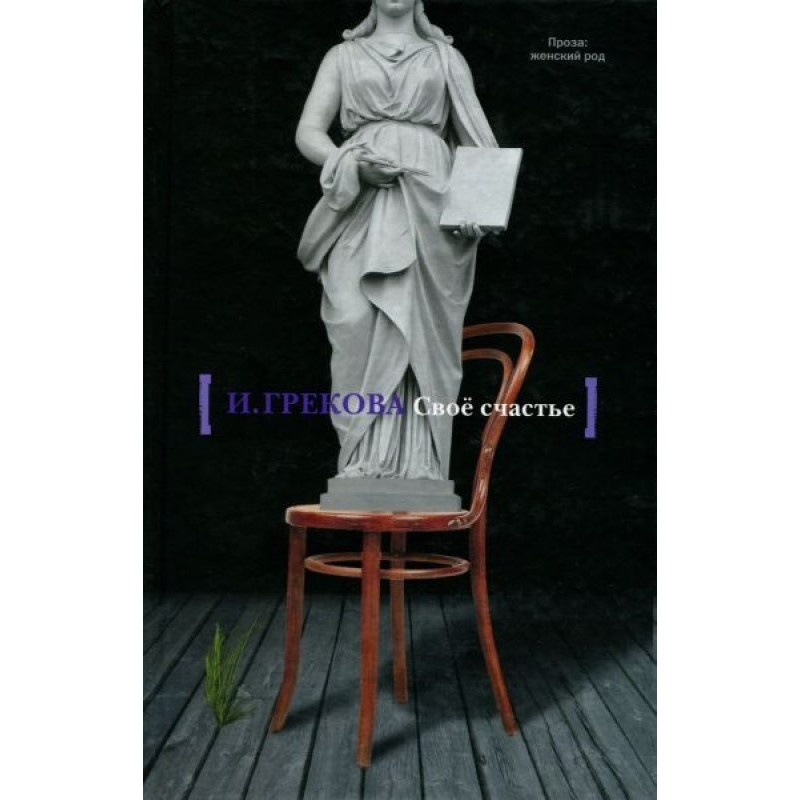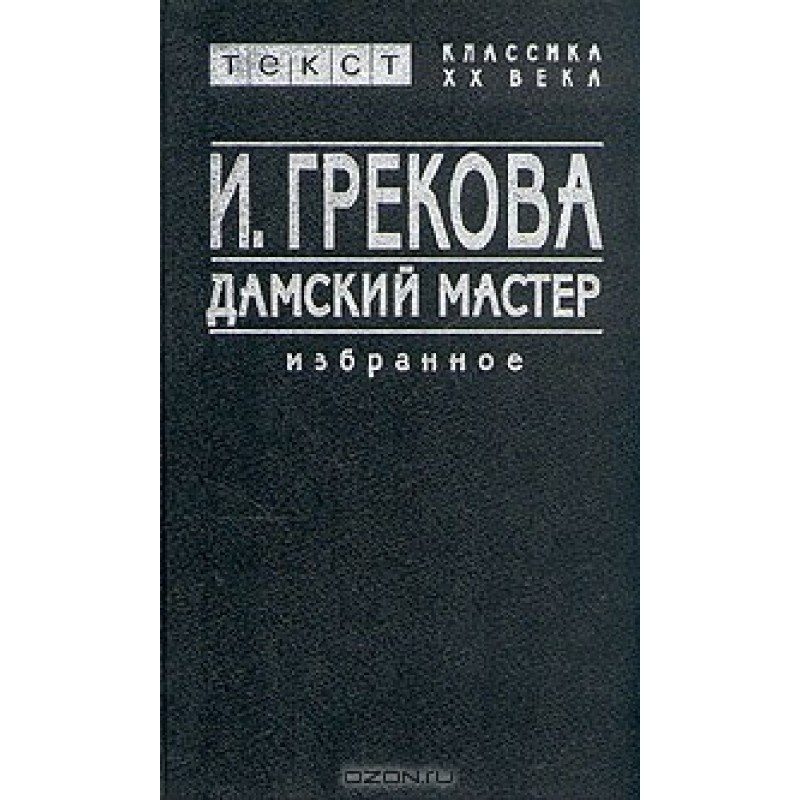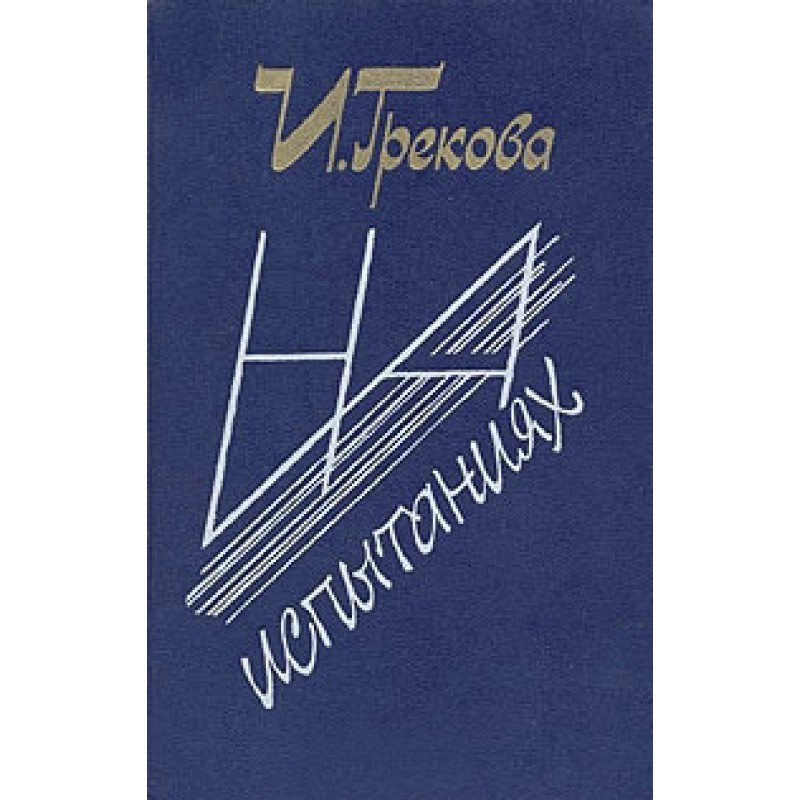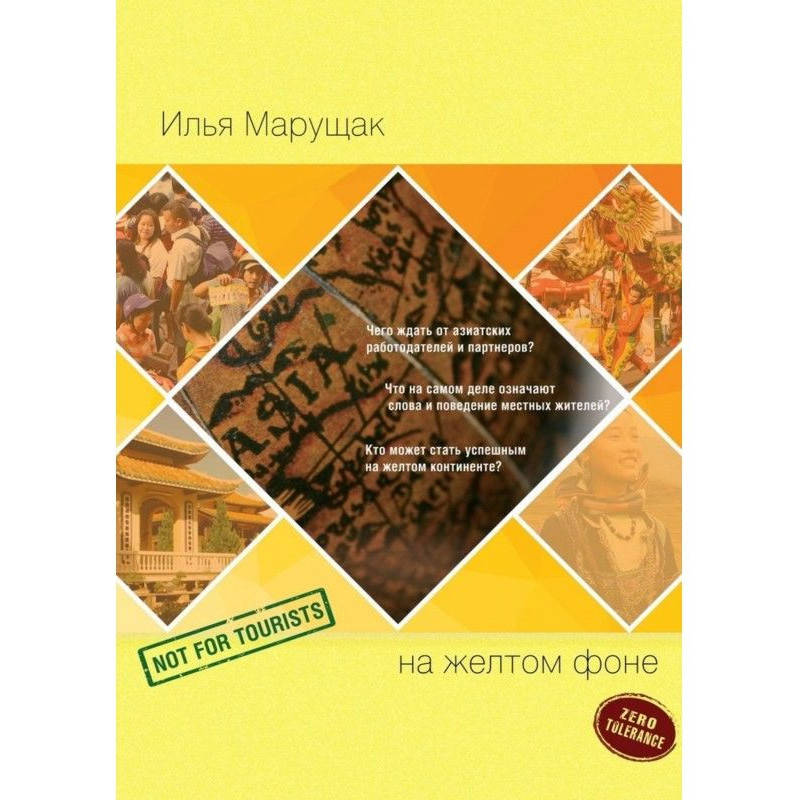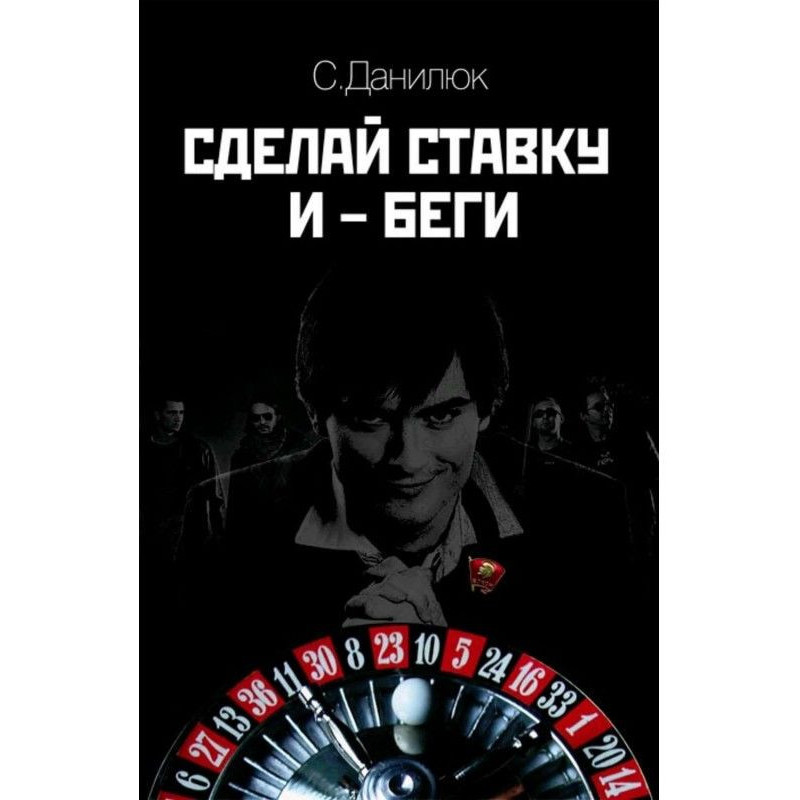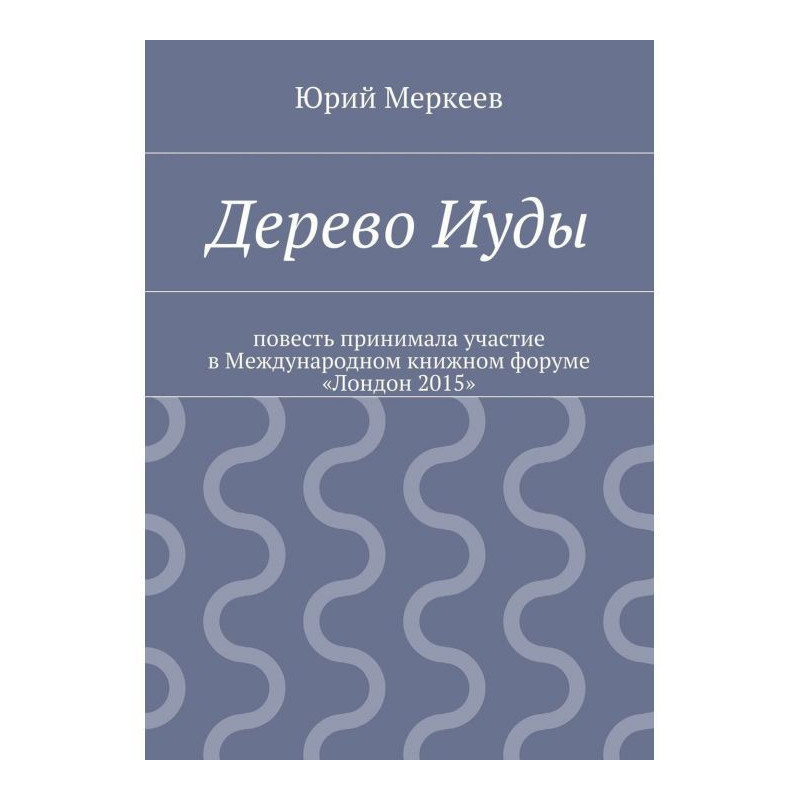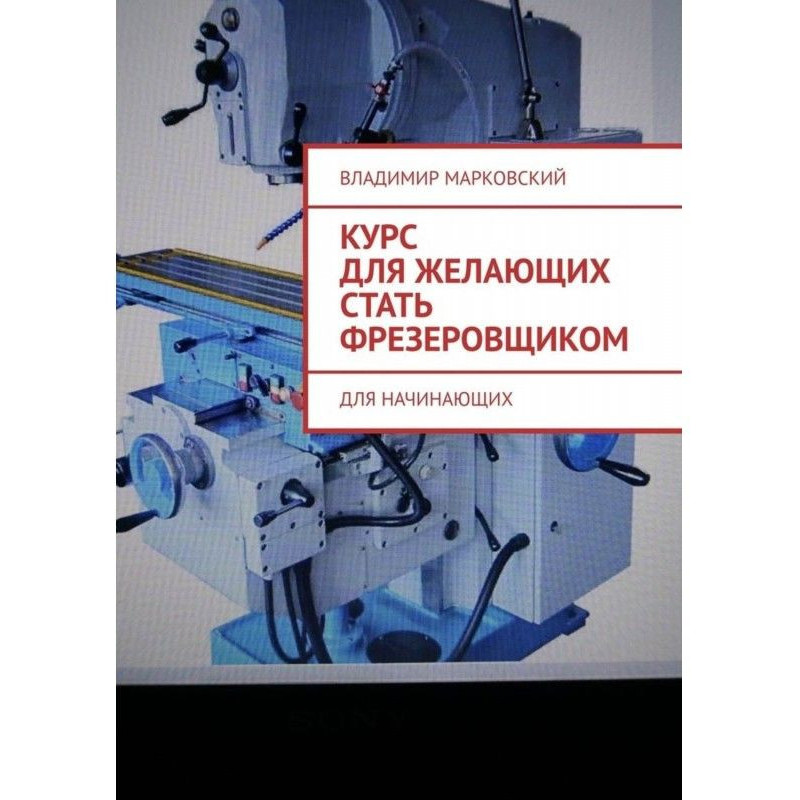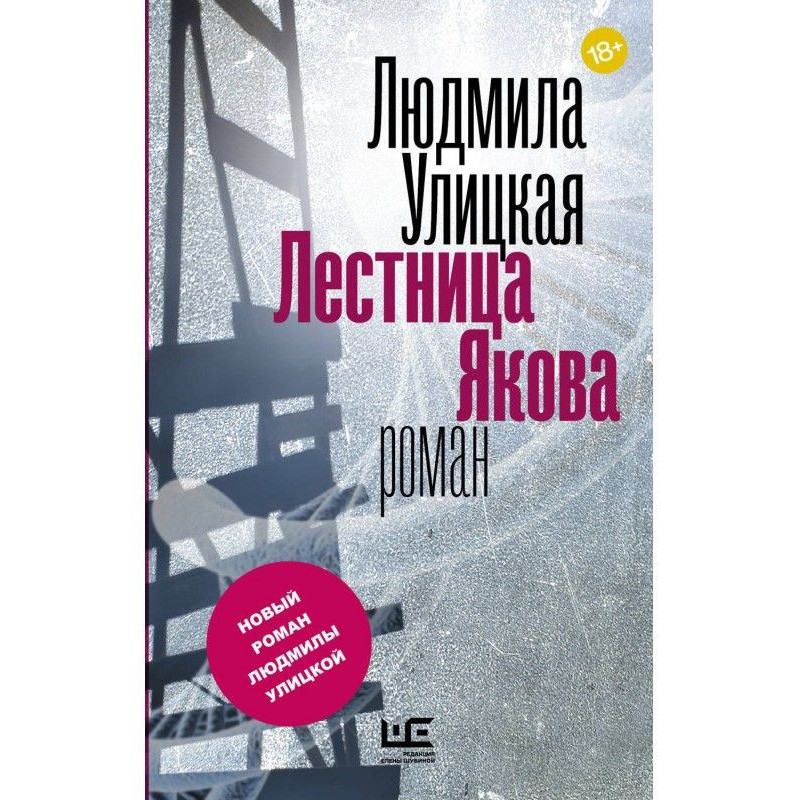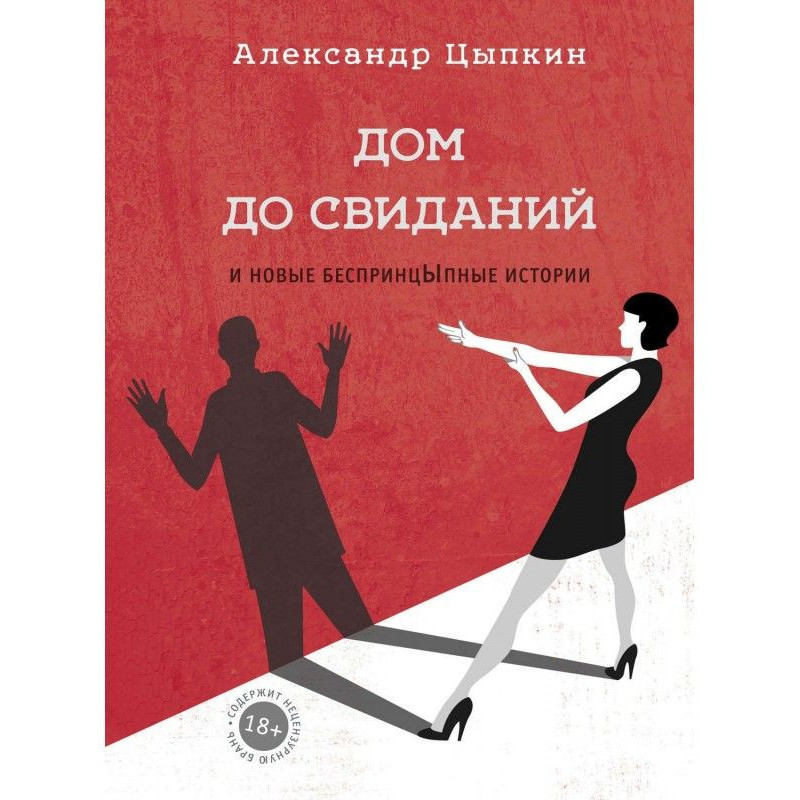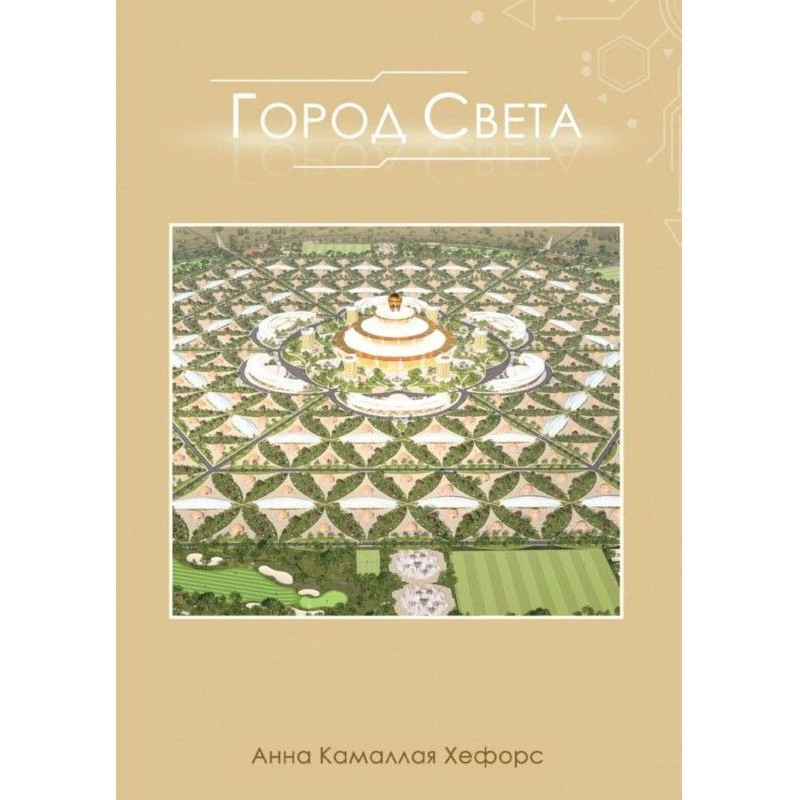Fresh legend
 Instant download
Instant download
after payment (24/7)
 Wide range of formats
Wide range of formats
(for all gadgets)
 Full book
Full book
(including for Apple and Android)
The novel “Fresh Tradition” is one of those books that were predicted to be published only “in two or three hundred years.” The parallels with “Life and Fate” by Vasily Grossman do not end there: with a difference of a year - the same “New World”, the same Tvardovsky, the same safe... Grossman’s epic was published abroad after 19 years, in Russia - after 27. I. Grekova’s novel was published 33 years later (at home - 35 years later), fortunately, during the author’s lifetime. In it, Elena Ventzel, a Russian woman with a German surname, touched on the impossible, unpronounceable for her time: Stalinist anti-Semitism. But it’s not about ideology or politics. The writer sounded the alarm, like any decent person, when worthy people die before his eyes for no reason. This is a misfortune and pain not only for them, but also for the people who allowed this to happen. And it is the Russian man in the novel who lists the main features of the Jewish people: “Centuries of persecution were not in vain, they forged character, will, and unity. Love for children. Love for relatives... And wisdom <...> So bitter, calm... with humor.” I. Grekova’s prose is not just feminine - maternal, from the dedication to the memory of her son to the entire style of writing, soft, lyrical. Maternal love and the ability to put everything in its place becomes the only saving force, a fragile shelter from any troubles and epoch-making whirlwinds. The most heartfelt and convincing pages of the novel are about children, “babies,” as one of the heroines says. The child here is “the measure of all things,” the main indicator of humanity. And the eternal maternal unspokenness spills over with an obviously inserted episode about childbirth. Many authors sympathize and sympathize with their heroes. I. Grekova loves them - openly, unobtrusively, bitterly. Students still study from Elena Ventzel’s textbook on probability theory. But I. Grekova’s prose is, alas, not known to everyone. It's a pity: it has something that modern, post-plastic literature sometimes lacks - simple, warm, ahistorical humanity.
Data sheet
- Name of the Author
- И. Грекова
- Language
- Russian
Reviews
Неперевершена проза, що торкається глибин людських почуттів
Роман "Свіже переказ" І. Грекової вражає своєю глибиною та емоційною наповненість. Це не просто книга про сталінський антисемітизм, а справжня емоційна подорож у світ людських переживань, материнської любові та страждань. Авторка майстерно передає складні почуття, які переживають її герої, і вміло поєднує особисті драми з історичними реаліями. Особливо вражають сторінки, присвячені дітям, які стають символом надії та людяності в жахливі часи. Грекова не просто описує своїх персонажів, вона їх любить, і це відчувається на кожній сторінці. Книга залишає глибокий слід у душі, спонукаючи до роздумів про цінність життя, любові та пам'яті. Рекомендую "Свіже переказ" усім, хто шукає щось справжнє, тепле і глибоке в сучасній літературі. Це твір, який варто прочитати, щоб зрозуміти, що таке справжня людяність у важкі часи.

